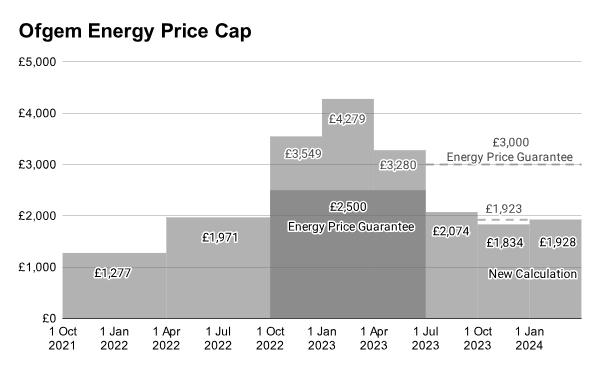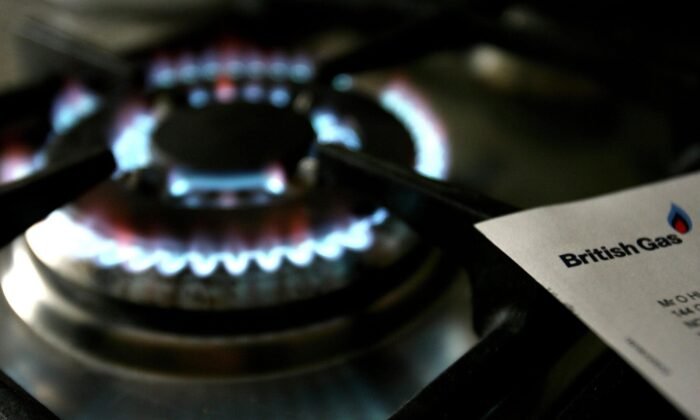Ofgem: Net Zero Costs Hitting Lower-Income Households the Hardest
The regulator emphasized that ‘significant investment’ is required to achieve net zero, with the costs potentially impacting low-income households disproportionately.
Ofgem expressed concerns about the disproportionate impact on lower-income households as they undergo the transition to net zero, prompting a review on energy affordability.
Although Ofgem’s energy price cap will decrease to £1,690 per year for a typical household on April 1, down from a peak of £4,279 in the first quarter last year, it remains 32 percent higher than two years ago, prior to the surge in global energy prices.
Despite the government’s Energy Price Guarantee offering some relief, Ofgem noted that many households are struggling to pay for energy, resorting to self-rationing or disconnection to save money.
Moreover, the regulator expressed concern about a growing number of customers accumulating additional debt alongside existing debts they are unable to clear.

Ofgem expressed “serious concern” that households in financial difficulty have limited capacity to deal with potential future price increases.
The regulator also highlighted the expenses linked to achieving net zero.
In the foreword, Tim Jarvis, director general of Ofgem, stressed the need for “significant investment” to realize long-term net zero objectives.
“And to the extent these costs go on to bills, the risk is that short-term costs could disproportionately hit lower-income consumers that are not able to invest in the technologies or change behaviors to reduce costs without further action,” he said.
Mr. Jarvis mentioned that many have requested the standing charge to be eliminated in a previous call for input, but this would result in increased unit rates, benefiting some while disadvantaging others.
The regulator aims to “identify the steps we need to take to shield against the negative effects of future price shocks, ensure that the debt burden does not lead to unsustainable circumstances causing higher bills in the future, and explore ways to better support consumers as the market evolves,” it added.
Simon Francis, coordinator of the End Fuel Poverty Coalition, welcomed the investigation into energy affordability, criticizing the chancellor for not extending the Energy Price Guarantee further and calling for funding improvements in the energy grid through windfall taxes on firms benefiting from the energy crisis.
A Department for Energy Security and Net Zero spokesman highlighted efforts to protect vulnerable individuals and consult on the future of the energy market, aiming to provide full benefits from transitioning to a smarter, more flexible energy system.
The call for input will remain open until May 13, 2024.
PA Media contributed to this report.






